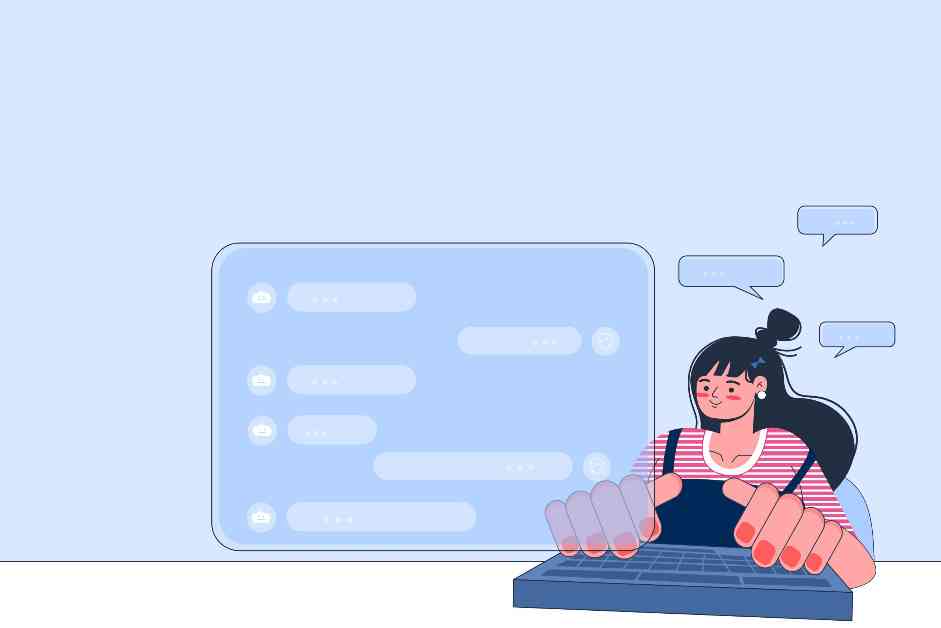The Impact of AI Chatbots on Children’s Academic Performance
AI technology has become increasingly prevalent in various aspects of our lives, including education. One such AI tool, ChatGPT, has been the subject of a recent study analyzing its impact on children’s academic performance. The study, conducted by researchers at the University of Pennsylvania, focused on Turkish high school students and their use of ChatGPT while completing math practice problems.
Cautionary Tale of AI in Education
The findings of the study revealed a concerning trend: students who had access to ChatGPT while practicing math problems actually performed worse on a math test compared to students who did not have access to the AI tool. While those who used ChatGPT were able to solve 48 percent more practice problems correctly, they ultimately scored 17 percent lower on the test of the topic they were learning.
A Different Approach: AI as a Tutor
In an attempt to address the shortcomings of ChatGPT as a standalone tool, a third group of students had access to a revised version of the AI chatbot that functioned more like a tutor. This updated chatbot provided hints without directly revealing the answers. The results were promising, with students who used the AI-tutored version solving 127 percent more practice problems correctly compared to those without any high-tech aids. However, on the subsequent test, these AI-tutored students did not perform any better than their peers who did their practice work independently.
The Risks of AI Dependency
The researchers behind the study emphasized the potential risks of students becoming overly reliant on AI tools like ChatGPT. They found that many students used the chatbot as a “crutch,” simply asking for the answer rather than building the problem-solving skills necessary for learning. Additionally, the errors present in ChatGPT’s responses, including incorrect arithmetic computations and flawed step-by-step solutions, further exacerbated the negative impact on students’ learning outcomes.
Generative AI Can Harm Learning
The researchers titled their paper “Generative AI Can Harm Learning” to underscore the significant inhibitory effects that freely available AI chatbots can have on student learning. Even a refined version of ChatGPT designed to mimic a tutor did not prove to be beneficial in enhancing academic performance. The study serves as a cautionary reminder to parents and educators about the potential pitfalls of integrating AI technology into educational settings without careful consideration of its impact on student learning.
The Need for Further Research
While this study sheds light on the detrimental effects of AI chatbots on student learning, it is important to note that it represents just one experiment in a specific context. More research will be necessary to confirm these findings and explore the broader implications of AI technology in education. The experiment involved nearly a thousand students in grades nine through 11, highlighting the scale and significance of the study’s findings.
Overconfidence and Misconceptions
In addition to the negative impact on academic performance, the study also revealed that AI tools like ChatGPT can lead to overconfidence among students. Despite evidence of diminished learning outcomes, many students did not perceive ChatGPT as hindering their learning. This discrepancy between perceived and actual learning highlights the importance of critical reflection on the role of AI in education.
Lessons from Aviation: Avoiding Overreliance on Technology
The authors of the study drew parallels between the challenges of learning with ChatGPT and the risks of overreliance on technology in other fields, such as aviation. Just as pilots are advised to minimize their use of autopilot to ensure they maintain essential flying skills, students must also exercise caution when relying on AI tools like ChatGPT. The study serves as a reminder of the importance of fostering independent problem-solving skills among students, even in an increasingly technologically driven educational landscape.
Tradeoffs in Educational Technology
The integration of AI technology into education is not without its tradeoffs. While tools like ChatGPT may enable students to answer more problems correctly in the short term, they may also hinder deeper learning and problem-solving skills in the long run. Just as typewriters and computers have reduced the need for handwriting, and calculators have lessened the emphasis on arithmetic skills, AI chatbots present a similar tradeoff in the realm of education.
The Role of Educators and Parents
As the use of AI technology in education continues to grow, educators and parents play a crucial role in guiding students’ interactions with these tools. It is essential to provide students with opportunities to develop critical thinking and problem-solving skills independently, rather than relying solely on AI assistance. By fostering a balanced approach to technology integration, educators can ensure that students derive the maximum benefit from AI tools while mitigating potential drawbacks.
Conclusion
In conclusion, the study on the impact of ChatGPT on children’s academic performance highlights the complex interplay between AI technology and student learning outcomes. While AI tools like ChatGPT may offer benefits in terms of problem-solving efficiency, they also pose risks in terms of inhibiting deeper learning and critical thinking skills. As the educational landscape continues to evolve, it is essential for educators, parents, and policymakers to consider the implications of AI technology on student learning and to adopt a thoughtful approach to its integration. By striking a balance between technological innovation and traditional pedagogical methods, we can ensure that students are equipped with the skills and knowledge necessary to succeed in an increasingly digital world.

